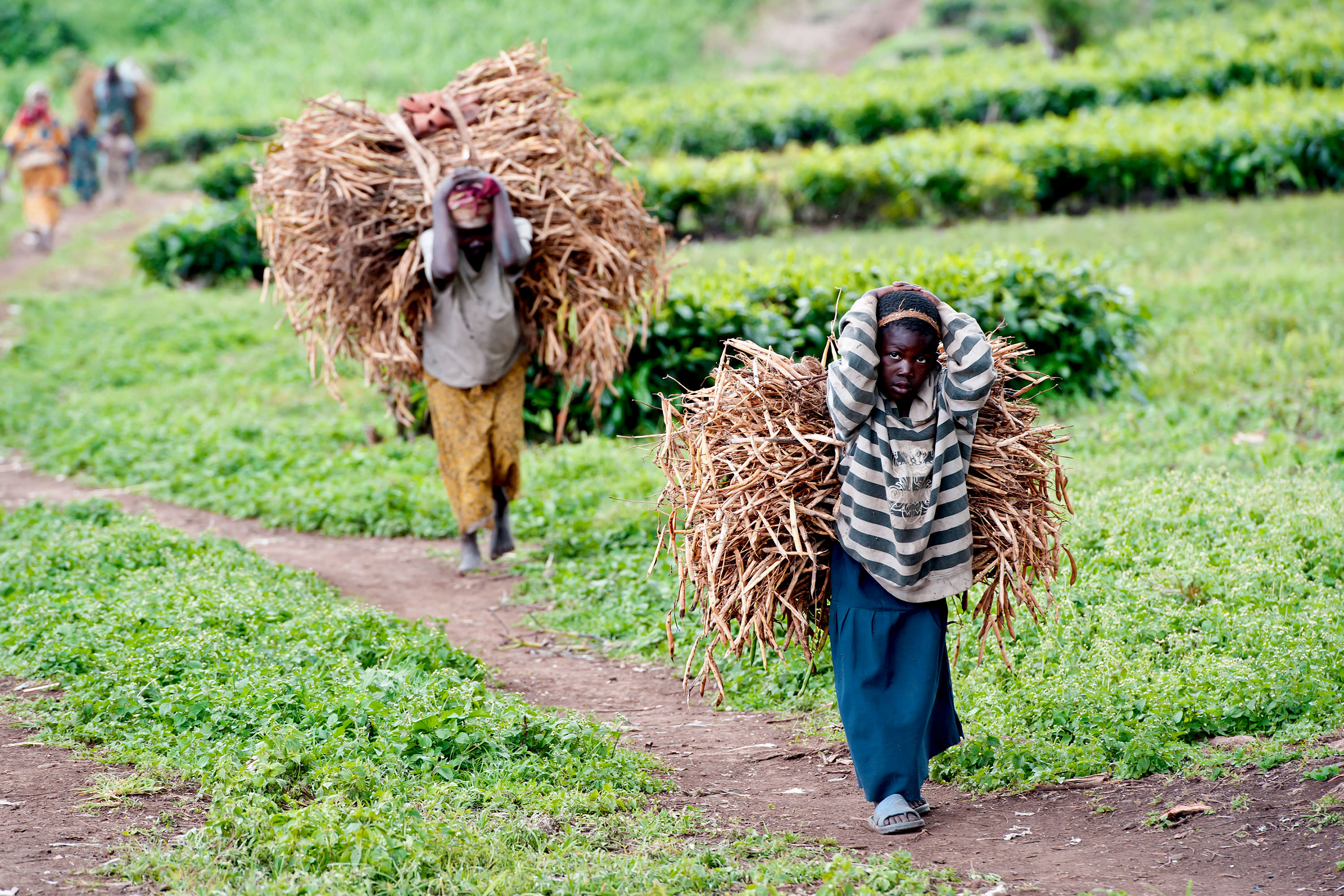In low-income countries, work in household owned and managed farms account for a large share of the labour force. Yet, to date, there is very little research on the approaches to measuring farm labour. Typically most measurements of farm labour involve a cumulative number representing a wide range of activities. For example, male labour is measured as the total number of days spent on the field including activities such as land preparation, weeding/maintenance, harvesting, and processing. There is a general perception that the recall data, which is data collected regarding a time frame that occurred in the past, is fraught with measurement error as survey respondents must make a difficult mental calculation to recollect the information. The size and the nature of this error are not known. Nor do we know if recall issues affect certain populations more than others (e.g. by gender, income level, or type of farming and crop). Moreover, we rarely have details of the work or its intensity over the agricultural season. In labour force surveys, farm labour data is usually limited to hours in the last seven days – obviously problematic given the seasonality of farming. In turn, our measures of agricultural productivity in general and labour productivity on the farm are rendered imprecise.
This project attempts to improve the collection of data on the quantity and demographics of family labour in farming within a low-income setting. It explores these issues by designing and implementing a “labour survey experiment” that measures and compares the impact of different methods of collecting agricultural household labour information. The objectives are twofold: to assess the accuracy of the traditional recall surveys and their effects on the analysis of agricultural productivity, and to explore the option of mobile phone updates as an intermediate approach.
The project objectives are achieved using data from the “labour survey experiment.” We conducted a survey experiment with over 800 smallholder farming households in Tanzania during the main agricultural season of 2014. Households were randomly assigned to one of four survey categories: (1) households reporting agricultural labour in weekly in-person visits; (2) households reporting agricultural labour in weekly phone surveys; (3) recall information collected after the harvest on labour during the season, which is the method used in the Tanzania National Panel Survey; and (4) recall information collected after the harvest on labour during the season, which is a modified version of the Tanzania National Panel Survey approach. We consider the labour information collected in weekly visits as the benchmark to compare the three alternatives.
Our analysis shows compelling evidence of recall bias in the reporting of family labour. Between them, labour information collected from weekly visits or phone calls are strikingly similar, as were the labour data reported by recall among the short and longer module. However, there are striking differences between the weekly data and the recall data.
Our results suggest that in developing countries labour recall modules, which ask about farm activities 6-12 months after they have happened, exaggerate estimates of the total days and total hours individuals work on their own plots and farms. We posit that it is the irregularity of such work that is the chief culprit of the upward bias. Furthermore, such recall can also distort information on the number of plots and the number of people who work on the farm, such that other (and competing) biases are introduced once individual-plot level labour is aggregated to higher levels.
This project has the support of the World Bank research support budget, from a DFID-funded World Bank research program “Minding the (Data) Gap: Improving Measurements of Agricultural Productivity through Methodological Validation and Research” and from the Growth and Labour Markets in Low Income Countries Programme.
